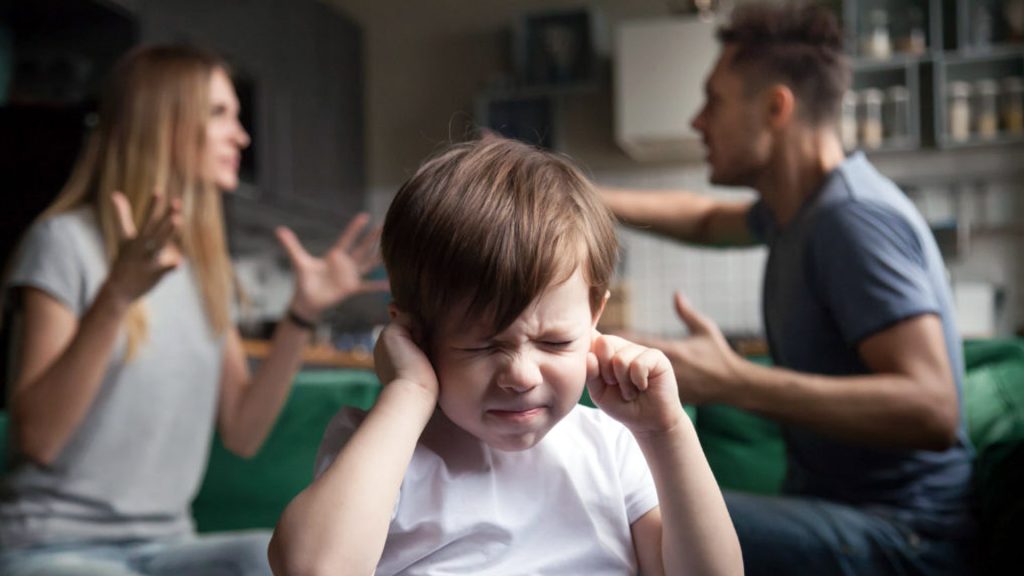
Why Children Keep Unsafe Secrets and How to Encourage Disclosure
Remember, every child deserves to feel safe and heard. Encourage them to speak up and always be there to support them.


Unsafe secrets can profoundly impact a child’s mental and emotional well-being. When a child keeps an unsafe secret, it can lead to a range of negative emotions and behaviors. One of the most common effects is anxiety. The fear of being discovered or the constant worry about what might happen if the secret is revealed can cause a child to feel anxious and stressed. This anxiety can manifest in physical symptoms such as headaches, stomachaches, and difficulty sleeping.
Depression is another common psychological impact of keeping unsafe secrets. Children might feel overwhelmed by the weight of the secret and experience feelings of sadness, hopelessness, or worthlessness. They might withdraw from activities they once enjoyed or isolate themselves from friends and family. These feelings can be particularly intense if the child believes they are to blame for what is happening.
Guilt and shame are also significant emotions that children might experience. The abuser might manipulate the child into believing that they are responsible for the abuse or that they wanted it to happen. This guilt can make the child feel ashamed and reluctant to seek help. They might worry that they will be judged or blamed if they disclose the secret.
Keeping unsafe secrets can also lead to behavioral changes. Children might act out in school, become more aggressive, or engage in self-harming behaviors. These changes can be a way of coping with the intense emotions they are experiencing or a cry for help when they do not know how to express their feelings in other ways.
In addition to these emotional and behavioral impacts, keeping unsafe secrets can affect a child’s relationships. They might have difficulty trusting others or forming close bonds. The fear of being hurt or betrayed again can make them wary of letting anyone get too close. This can lead to feelings of loneliness and isolation.
To help children cope with the psychological impact of keeping unsafe secrets, parents and caregivers need to create a supportive and understanding environment. Encourage open communication and reassure children that talking about their feelings and experiences is safe. Let them know that they will not be judged or blamed and that you are there to help them.
It is also important to provide children with tools to manage their emotions. Teach them healthy ways to cope with anxiety and stress, such as deep breathing exercises, journaling, or talking to a trusted adult. Encourage them to engage in activities that they enjoy and that help them feel good about themselves.
Seeking professional help is often necessary for children who have experienced significant trauma. Therapy can provide a safe space for children to process their emotions and work through the psychological impact of the abuse. A therapist can also help children develop coping strategies and build resilience.
In addition to individual therapy, support groups can be beneficial. Connecting with other children who have had similar experiences can help reduce feelings of isolation and provide a sense of community. These groups can offer a safe space for children to share their stories and support each other in their healing journey.
Parents and caregivers should also educate themselves about the signs of trauma and the best ways to support their child. Understanding the psychological impact of keeping unsafe secrets can help you provide the care and support your child needs.
Keeping unsafe secrets can have a profound psychological impact on children, leading to anxiety, depression, guilt, and behavioral changes. By creating a supportive and understanding environment, providing tools to manage emotions, and seeking professional help when needed, parents and caregivers can help children cope with these challenges. Remember, every child deserves to feel safe and supported. Be there to listen, believe, and help them heal.


Remember, every child deserves to feel safe and heard. Encourage them to speak up and always be there to support them.

Remember, every child deserves to feel safe and empowered. Use role-playing to help them understand and practice setting boundaries and recognizing unsafe situations.